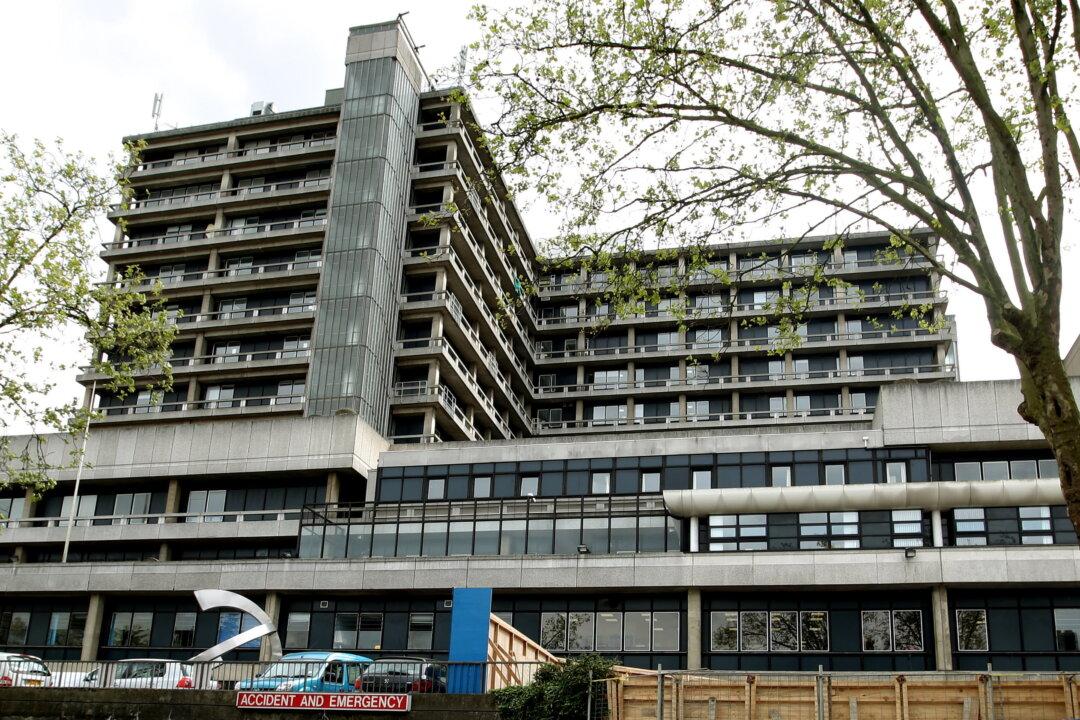Four more cases of monkeypox have been identified in England, UK Health Security Agency (UKHSA) said on Monday.
It brings the total number of confirmed cases of the disease to seven.

Four more cases of monkeypox have been identified in England, UK Health Security Agency (UKHSA) said on Monday.
It brings the total number of confirmed cases of the disease to seven.